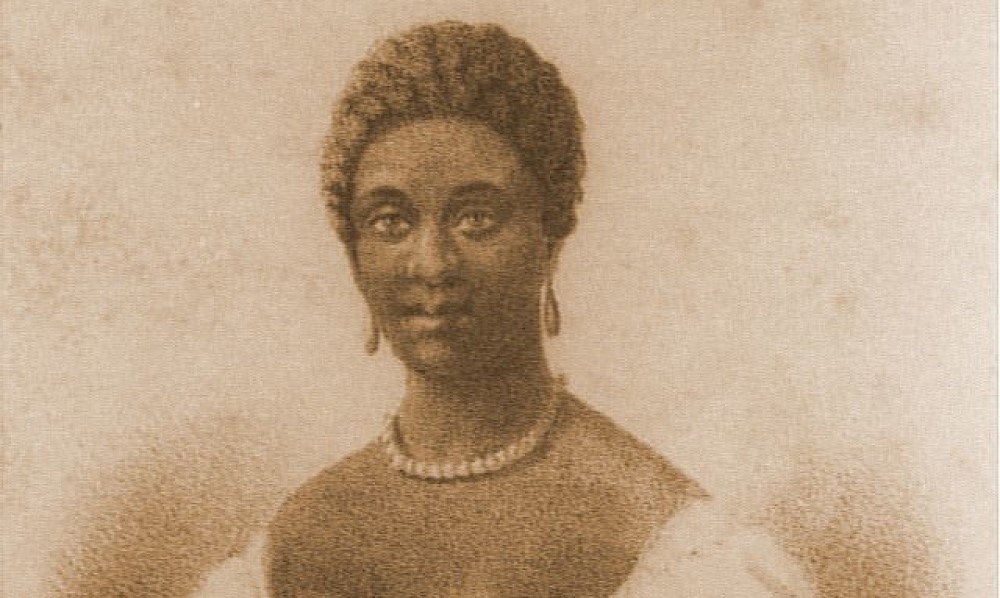
Despite spending much of her life enslaved, Phillis Wheatley accomplished something that no other woman of her status had done. Her book of poetry, Poems on Various Subjects, Religious and Moral, made her the first American slave, the first person of African descent and the second colonial American woman to have her work published.
Scholars believe that Wheatley was born in Africa in about 1753. She was kidnapped from her home in Senegal and Gambia, West Africa by slave traders when she was around age seven and brought to America in 1761. The small, sick child was sold to John and Susanna Wheatley as a domestic servant for Susanna. Her name comes from the ship she survived on, “the Phillis,” and she was given her enslavers’ last name.
Upon discovering that Phillis had an extraordinary capacity to learn, Susanna relieved the child of most domestic duties and educated her in reading, writing, religion, language, literature and history. Within 16 months, she could read the Bible, Greek and Latin classics, and British literature. She also studied astronomy and geography.
Wheatley began writing poetry as a young teenager and published her first poem in 1767. “On Messrs. Hussey and Coffin,” written by her at 13, appeared in Newport, Rhode Island’s Mercury. Three years later, the publication of “An Elegiac Poem, on the Death of the Celebrated Divine George Whitefield” brought Wheatley national renown and international acclaim.
Unable to find support from American colonists, the Wheatleys turned to London to secure a publisher. Still in poor health and suffering from a chronic asthma condition, Phillis accompanied the Wheatley’s son Nathaniel to London where she was not only accepted but also adored. The now-celebrated poetess was welcomed by several dignitaries and Poems on Various Subjects was published in 1773. With her literary popularity at an all-time high, she was emancipated. She married a free Black man and they moved to Wilmington, Massachusetts.
Sadly, Wheatley was unable to secure funding for another publication or sell her writing after the death of most of the Wheatley family. Economic conditions in the colonies during and after the Revolutionary War were harsh, particularly for free Blacks, and the couple struggled with extreme poverty. Though she died penniless and in obscurity at the young age of 31, Wheatley’s legacy lives on. She has been honored with several schools and buildings in her name and a commemorative plaque at the site where her first book was published.
